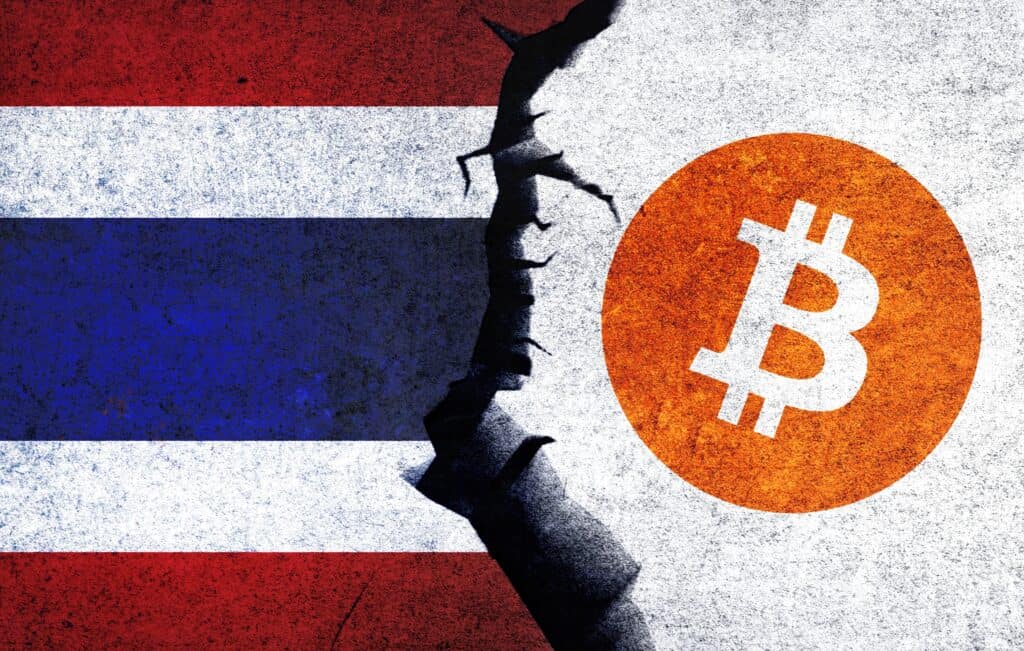Thailand to Block Access to Unlicensed Crypto Exchanges Including Bybit and OKX

Thailand’s financial regulator is cracking down on unauthorized cryptocurrency platforms. The country’s Securities and Exchange Commission (SEC) announced on Thursday that it will block local access to five unlicensed exchanges—Bybit, 1000X, CoinEx, OKX, and XT—citing investor protection and anti-money laundering concerns.
The decision is part of a broader effort to tighten oversight of Thailand’s growing digital asset market. According to the SEC’s statement, translated from Thai, the move is intended “to protect investors and stop the use of unauthorized digital asset trading platforms as a money laundering channel.”
Beginning June 28, 2025, Thailand’s Ministry of Digital Economy and Society will enforce the access blocks, effectively banning users in the country from engaging with the listed platforms through their websites.
In response to the announcement, a spokesperson from OKX emphasized the exchange’s dedication to regulatory standards.
“We want to reaffirm that OKX is strongly committed to maintaining the highest standards of regulatory compliance and to fostering a safe, transparent, and responsible trading environment,” the spokesperson said.
They added that the company respects local legal frameworks and cooperates proactively with regulators to help prevent illicit activities.
The move follows a decision made in April last year, when the Thai SEC committed to restricting access to unlicensed digital asset services. The decision came after discussions with a government panel focused on combating tech-driven financial crimes.
Thailand’s regulatory tightening is unfolding alongside its own crypto ambitions. The government is reportedly preparing to issue roughly $150 million worth of an investment-grade crypto token aimed at the public. According to Finance Minister Pichai Chunhavajira, the initiative would offer a higher return than standard bank deposits, signaling the country’s intent to integrate blockchain technology under regulated structures.
